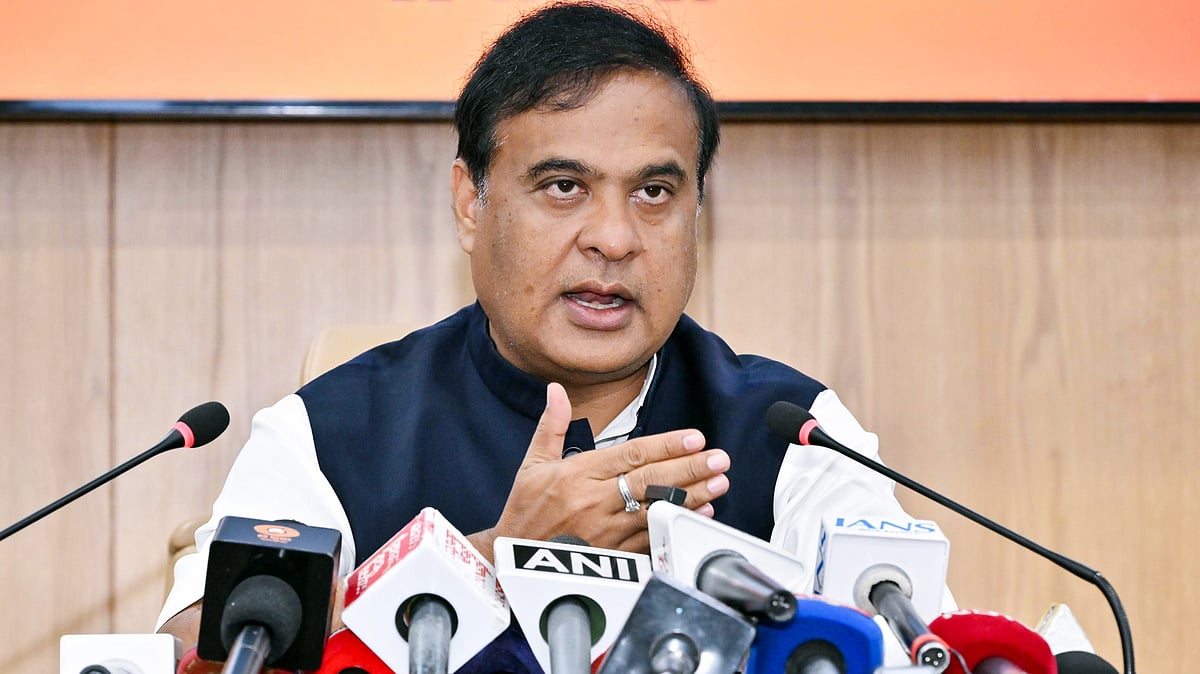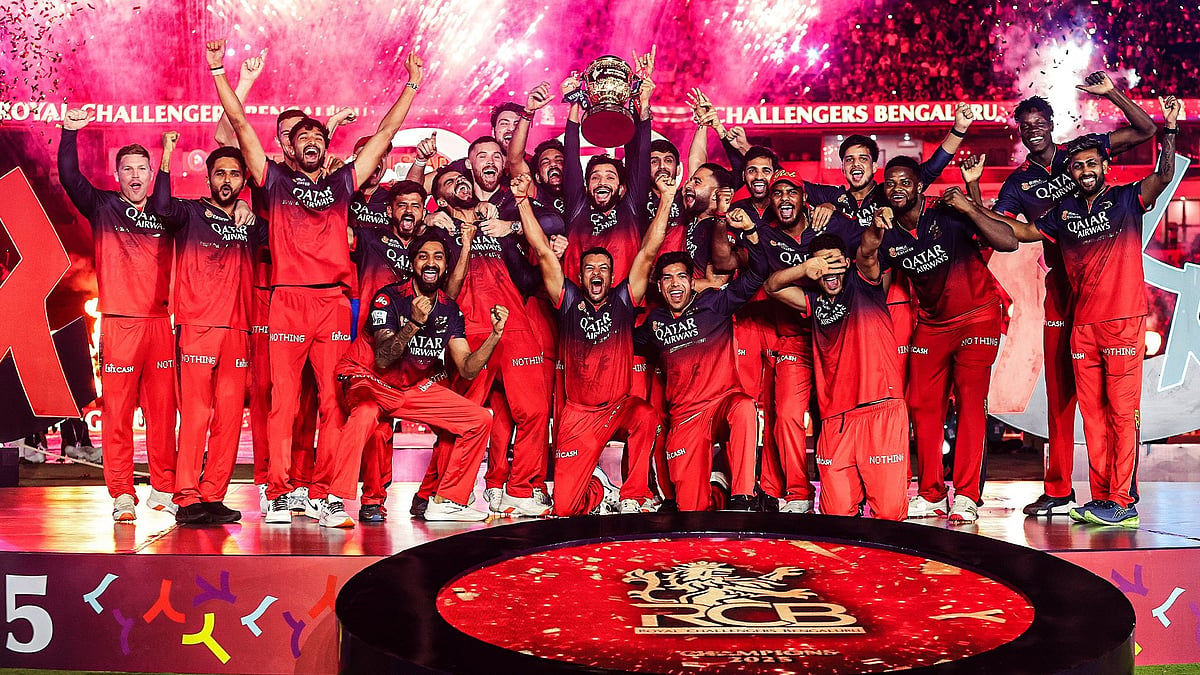The ban on Muslim traders at temple fairs in Karnataka, and on a self-declared atheist from a dance performance at a temple in Kerala, is both mystifying and disturbing. It militates against the Hindu ethos and its age-old legacy of syncretism. Nor does it accord with RSS sarsanghchalak Mohan Rao Bhagwat’s rejection of the term ‘ahindu’ as a signifier of religious minorities.
Bhagwat said last month, 'Hindu,' is a cultural and non-religious identifier, and is thus interchangeable with the term ‘Bharatiya.'
A contention that arguably disallows discrimination by any ‘Hindu’ religious body on grounds of belief systems.
The Koodalmanikyam Temple authorities refused to allow Bharatnatyam dancer Mansiya, born in a Muslim family but married to a Hindu, to perform because she identifies as an atheist. Reportedly, dancer Soumya Sukumaran, who identifies as Christian, was also disallowed. For all their blackballing of ‘non-Hindus’, the temple authorities would themselves be hard put to define ‘Hindu’, given the diverse ontologies and epistemologies the term implies.
By their logic, Amrapali, the celebrated danseuse of ancient India (immortalised by Vyjayanthimala in a 1966 film of that name), would not have qualified to dance at the temple. Literary sources testify that she embraced the predominant nastika (atheist) tradition of the time, i.e; Buddhism, and became a nun. Of course, historians aver that there were no temples in Vedic or early Buddhist India. The point is that Indian – or Hindu - philosophical thought comprises both astika and nastika traditions. The latter includes the Charvaka or Lokayata and Ajivika schools, which persisted well into medieval times and find mentioned in the epics and the Arthashastra. The sramana movement which gave rise to these schools also profoundly influenced astika traditions.
As for the ban on Muslims at temple fairs, a BJP legislator from Karnataka has described it as “madness”, while another has correctly pointed out that it breaches constitutional norms. In his constituency, he has publicly declared, there will be no such ban. It is for the consumer to decide who and where to purchase from, and not the temple authorities. The state’s Home Minister has termed the ban as a “reaction” to the protests over the proscription of the hijab in academic institutions. Although he is probably right in conflating the hijab protests with the interdict on Muslim traders, he comes off sounding like an apologist. The fact is that the two situations are entirely dissimilar. If India’s secular ethos is cited as the reason behind the hijab ban, then the interdiction of Muslim traders violates that ethos. The hijab, as a religious marker, arguably has no place in a secular educational institution, particularly one where students may be expected to wear a uniform. But then, nor does discrimination against minorities in any public space.
A temple fair is a public event and therefore, constitutes a public space. Anyone is free to attend, regardless of religious affiliation. Likewise, anyone should be free to put up a stall. The 2002 rule that lands around a temple cannot be leased to non-Muslims is not valid in this instance, as no lease is involved. The temple authorities can decide what manner of goods and services are permissible, but cannot dictate the identity of the vendor.
Muscular ‘Hindu’ activism has now manifested as a campaign against halal meat. Some of these provocateurs tout the entirely false premise that India is a predominantly vegetarian country. The reverse is true. According to the National Family Health Survey-4, over 70 per cent of Indians eat some form of meat. In certain states, the figure is as high as 97 per cent. Given that those identifying as Hindu comprise almost 80 per cent of the population, being Hindu is clearly not synonymous with vegetarianism. Brahmins may be vegetarian, or they may eat fish or meat or both, depending on their geographical provenance. If the argument against halal was founded purely on animal rights, it could have carried force. While clerics argue that if the strict rules governing halal are followed, the animal is rendered unconscious immediately, scientific studies have indicated otherwise. For those who eschew meat on moral grounds, halal is a particularly troublesome practice. It is banned in many countries of Europe, as is a similar practice followed among orthodox Jews.
Unfortunately, the movement against halal in Karnataka is couched in anti-minority sentiments, which renders it self-defeating. Upholding animal rights does not violate constitutional freedoms; dictating gastronomic choices does.
In Karnataka, the radical fringe on both sides needs to be contained. The state government must follow its constitutional dharma and negotiate with the temple authorities, in defence of the rights of Muslim traders instead of hiding behind tenuous clauses. The hijab protestors for their part must pursue legal remedies and avoid polarising the atmosphere in academic institutions. The anti-halal brigade is likewise free to approach the courts.
The RSS leadership, which came out strongly against the inflammatory anti-minority sentiments expressed at the Dharma Sansad in Haridwar earlier this year, should take a clear stand against retrogressive moves by temples and hate speeches by malcontents. But minority leaders must meet them halfway.
(The writer is a senior journalist with 35 years of experience in working with major newspapers and magazines. She is now an independent writer and author)









